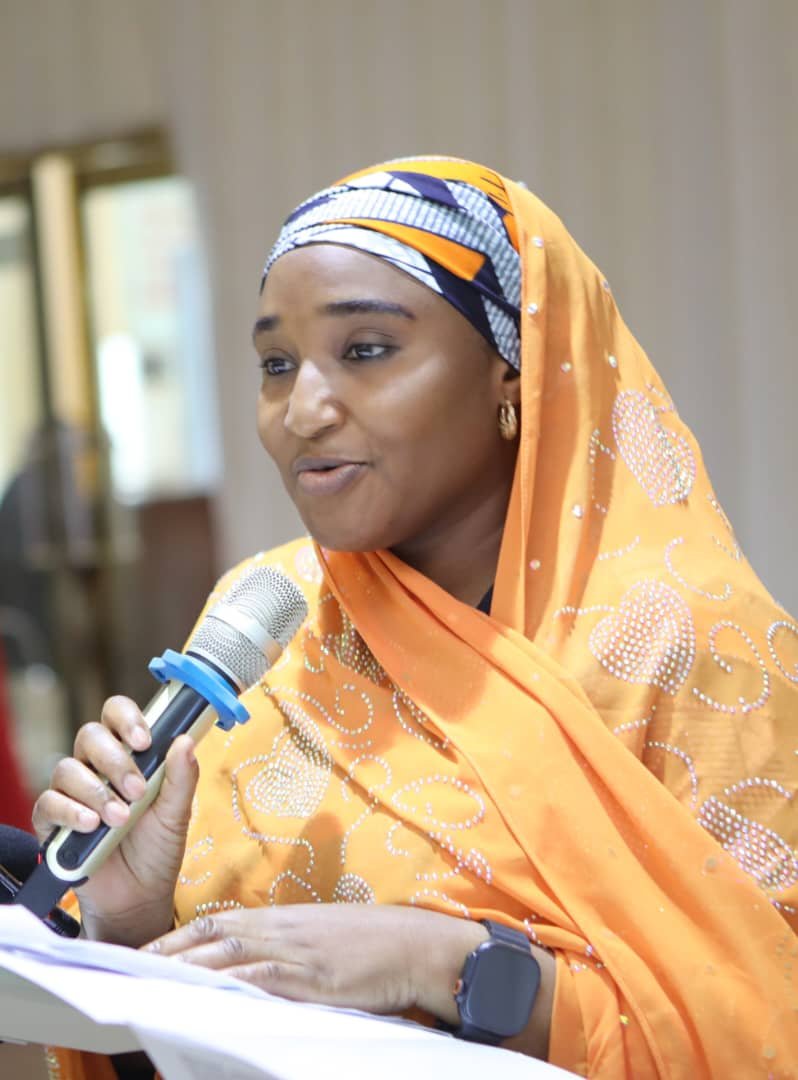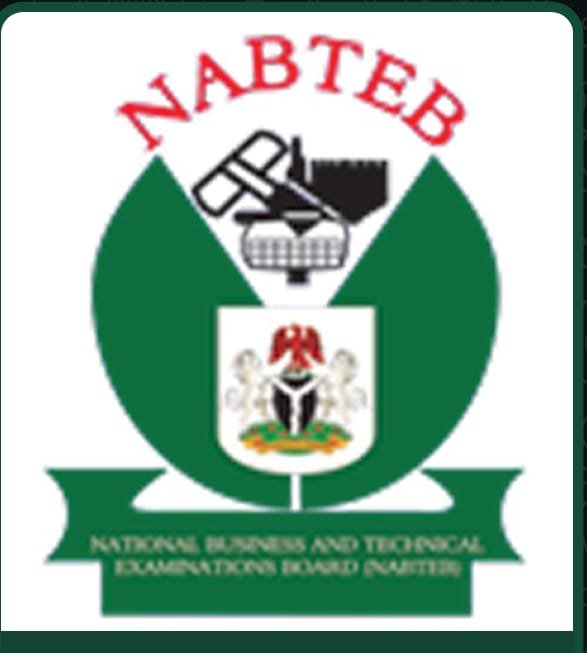
By Kabiru Haruna
AD Press | Federal Ministry of Education
ABUJA, July 2025 – The Honourable Minister of State for Education, Professor Suwaiba Sa’id Ahmad, has called for a more inclusive, merit-driven, and future-focused admissions process in Nigeria’s tertiary institutions, as she addressed stakeholders at the 2025 Policy Meeting on Admission into Tertiary Institutions.
Describing the annual meeting as a critical platform for reflection and strategic decision-making, Professor Ahmad underscored its importance in aligning national education policies with access, equity, and quality goals.
“This policy meeting serves as a vital compass for evaluating how far we’ve come and how best to shape the future of tertiary education in Nigeria,” she said.
The Minister lauded the Registrar of the Joint Admissions and Matriculation Board (JAMB), Professor Ishaq Oloyede, for upholding transparency, integrity, and operational excellence in the conduct of the Unified Tertiary Matriculation Examination (UTME), which she said has significantly enhanced public trust in the admissions process.
Professor Ahmad noted that as Nigeria navigates an evolving education landscape, there is an urgent need to reposition the tertiary education system to meet global standards while addressing growing demands and existing inequalities.
“We must build an admission framework that not only expands access but also ensures that no one is left behind – especially vulnerable and underserved populations,” she emphasized.
She pointed out that despite progress, challenges such as admission irregularities, outdated policies, and inequitable practices continue to affect student success and system credibility. To tackle these issues, she called for the review of cut-off marks and other restrictive practices that hinder fair access and institutional performance.
The Minister further urged institutions to realign their admission criteria with the national development agenda, including President Bola Ahmed Tinubu’s Renewed Hope Agenda, by embracing technology, leveraging data for decision-making, and promoting transparency and meritocracy.
“As we deliberate on the 2025 admission cycle, let us be guided by justice, national interest, and efficiency,” she concluded. “We owe it to the next generation to build a fair, competitive, and transformative education system.”








